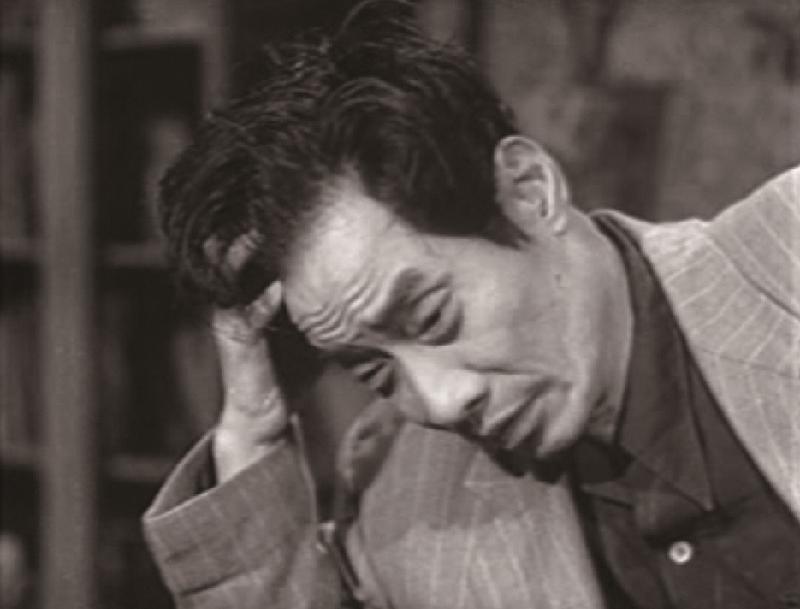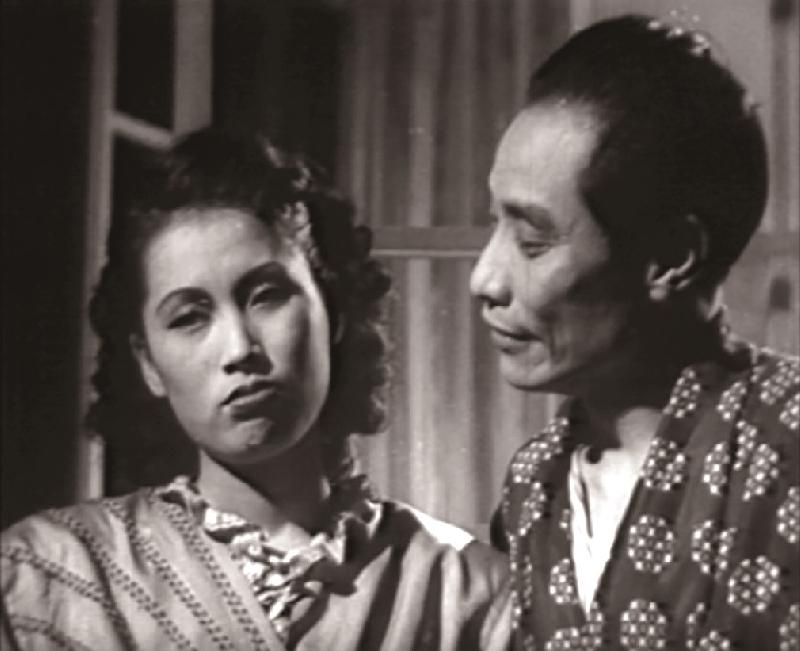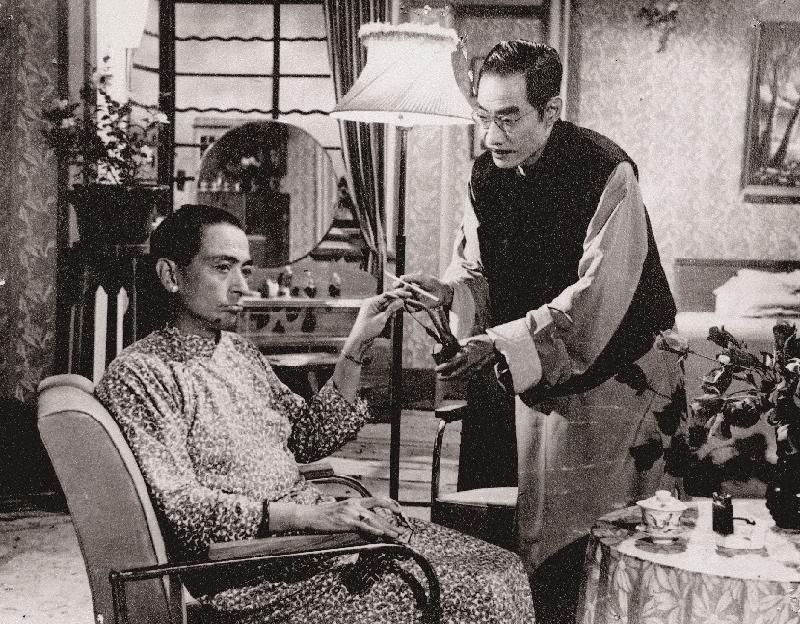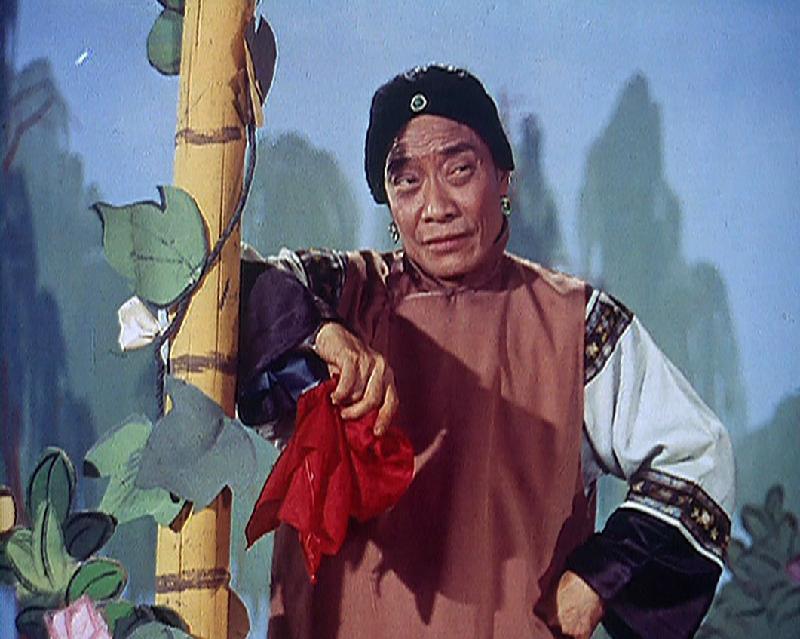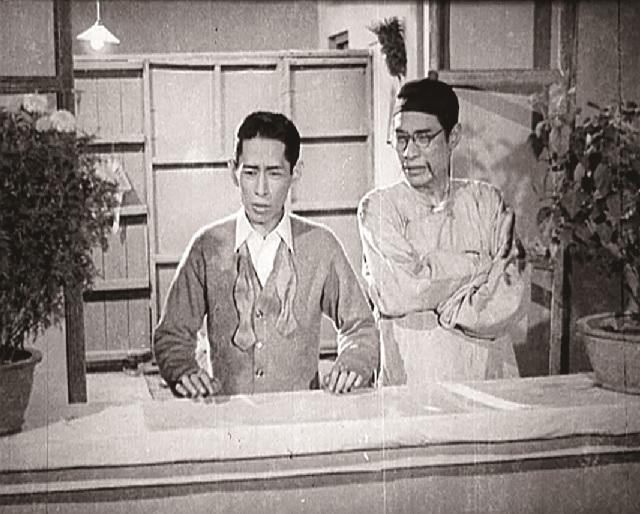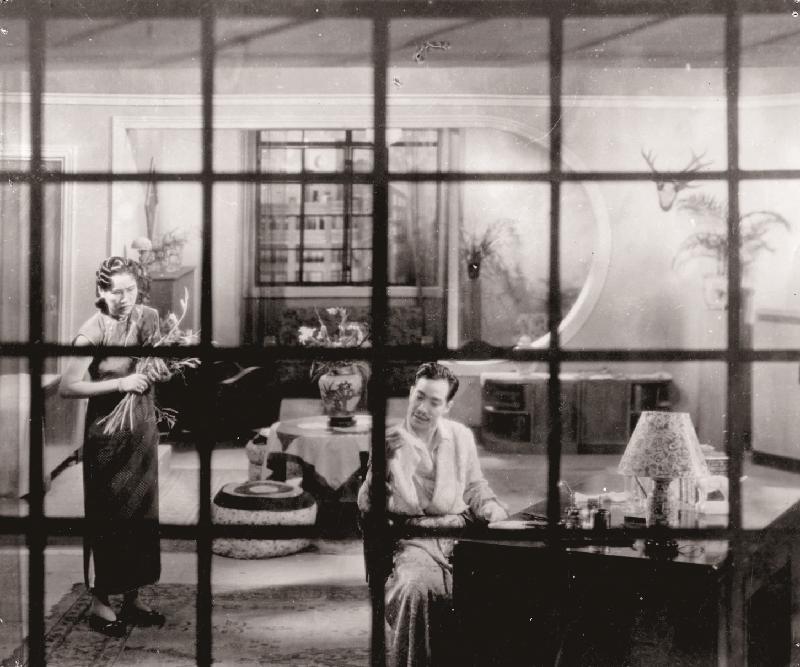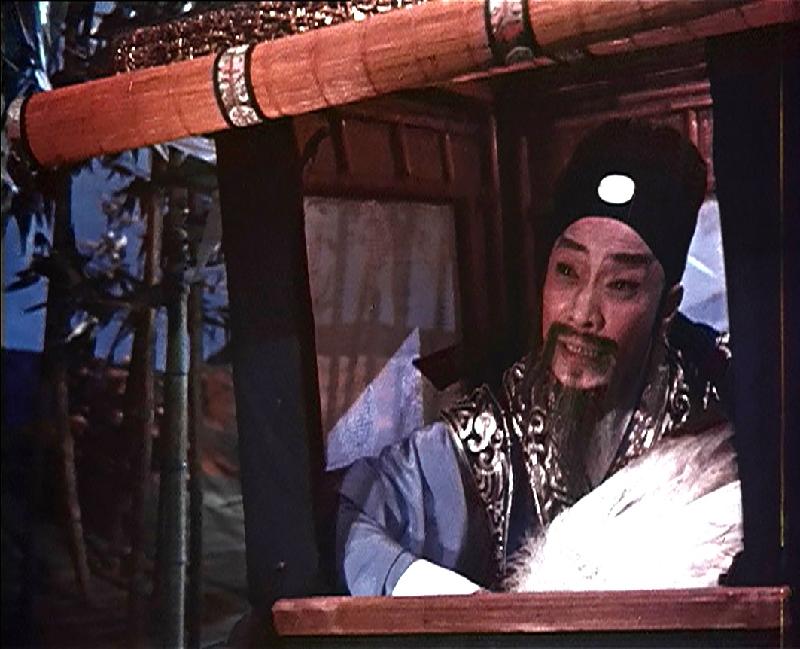Film Archive's "Morning Matinee" series to pay tribute to Cantonese opera staple Ma Si-tsang (with photos)
******************************************************************************************
In addition, a free exhibition, "The Civil-Military Buffoon of a Thousand Faces - The Artistic Career of Ma Si-tsang", will be held from July 3 to October 30 at the 1/F Foyer of the HKFA.
Born in 1900, Ma Si-tsang came from a learned family in Shunde. Ma frequently performed "civilised dramas" in high school and was a Cantonese opera lover. In 1924, Ma created his eminent vocal style, the "beggar vocal style", in the Cantonese opera performance "Bitter Phoenix, Sorrowful Oriole" for Yan Shou Nin Opera Troupe. He formed the Tai Law Tin Opera Troupe and the Tai Ping Opera Troupe in 1925 and 1933 respectively and became the sole challenger of Sit Kok-sin, the superstar of Cantonese opera and film at the time. Their rivalry was dubbed the "Sit-Ma duel".
Ma left Hong Kong for the Mainland in 1942 and married Hung Sin Nui. In 1946, the couple returned to Hong Kong for their careers in Cantonese opera and films but then divorced in 1955. Ma died in Beijing in 1964 due to throat cancer. Having starred in more than 430 operas and 50 films during his life, Ma was a great master on both the stage and the screen.
"Red and White Peonies" (1952) tells of a hoodlum (Ma) who drunkenly visits the adoptive father (Ng Cho-fan) of his own daughter (Hung Sin Nui) to demand his daughter back. Ma enlivens the character with mere glances, his tone and even his hairstyle.
"Parents' Hearts" (1955) features Ma as a downtrodden street performer who pawns everything for his son to finish his education. Ma also takes up other screen personas in the film including cross-dressing as a witty female servant and also appearing as a beggar and a rich miser.
"Anna" (1955) centres on women's agony in a patriarchal society. Playing a controlling husband chasing after fame and fortune, Ma uses strong glances and tone of voice to be intimidating, making for a total departure from his typical comedic roles.
"Big Thunderstorm" (1954) was Ma's debut work after joining Union Film. He plays a righteous gentleman in appearance and words, but in fact is a conniving villain preying on uneducated village people. The scene in which Ma visits his in-laws is memorable, and is a testament to Ma's superb acting skills.
In "Wild Flowers Are Sweeter" (1950), Ma, playing a character who is upright and devoted to his family, becomes a fallen man. He abandons his wife and embezzles funds after he becomes obsessed with a courtesan played by Hung Sin Nui. Ma gives a layered performance that excels in reflecting the psychological changes of the character.
In "The Woman Between" (1955), Cheung Wood-yau and Hung Sin Nui are in love but later Hung's father embezzles funds from a company. The debtor's son, Ma, who claims to be engaged to Hung in order to help her, is then caught in a love triangle with Cheung and Hung.
Ma is memorable in his comedic roles for being lively and down to earth, and this makes for a stark contrast with the tough and feisty Hung Sin Nui in "The Spoiled Princess" (1948). The battle of wits and sexes between the duo is filled with entertainment and also dramatic tension.
"The Judge Goes to Pieces" (1948) is the film version of Ma's Cantonese opera classic from the pre-war period. The story follows Sung Sai-kit, played by Ma, who morphs from a henpecked husband at home to a brilliant and shrewd attorney in the court.
Ma's comedic style was a model for many younger actors. In "Foster-Daddy's Romantic Affairs" (1952), Leung Sing-por's portrayal of a miser displays the traits of Ma's style, from outlook to acting, and through this he brings to life a character who is skirt-chasing and also in fear of his shrewish wife.
Based on the first work presented by the Tai Law Tin Opera Troupe, "Prince of Thieves" (1958) stars Ho Fei-fan, Mui Yee and Lam Kau and is packed with action, special effects and comedy.
"The Encounter Between the Prince of Thieves and the Lovelorn Monk" (1952) follows a wife-fearing husband (Ma) and his testy wife (Lau Hark-suen in a cross-dressing role) whose daughter has just got married. The mother wants her daughter to subdue her husband at all costs while the father has pity for his son-in-law and becomes an ally with schemes to strike back.
"An Ideal Couple" (1960) is made up of four Cantonese opera excerpts, among which the final excerpt, "Picking Up the Jade Bracelet", features Ma in a cross-dressing role and Hung Sin Nui. The duo make their characters come alive through refined eye movements, footwork and hand gestures while delivering the lines with wit and spirit.
Given its extraordinary stellar cast of two comedy giants, Ma and Leung Sing-por, "As You Desire" (1952) already sets the stage for laughter. Another highlight of the film is seeing the two Mas, Ma Si-tsang and Sun Ma Si-tsang, performing together as father and son, with Sun Ma teaching Ma to sing "Yu Hap-wan Expresses His Inner Feelings", one of the most popular songs of Ma.
Adapted from a repertory masterpiece of Ma, "Bitter Phoenix, Sorrowful Oriole" (1941) was Ma's first onscreen collaboration with the whimsical diva Cheung Yuet-yee. One highlight of the film is Ma showing off his classic song "Yu Hap-wan Expresses His Inner Feelings".
Lau Hark-suen, early in his career, was nurtured by Ma, so he had a deep understanding of Ma's craft. Set in a Cantonese opera troupe, "Bitter Kisses" (1955) enabled Lau to showcase his version of the "Ma vocal style" as well as his operatic technique alongside Chow Kwun-ling.
"How Chan Kwun Reprimanded Cho" (1957) is directed by and stars Lau Hark-suen, and the film sees him deliver a singing performance with the "Ma vocal style" in the 15-minute grand finale, "Reprimanding Cho". The film also features Sun Ma Si-tsang showcasing his Peking and classical operatic singing techniques to charm the audience.
Ma played an old character for the first time in his career in "The Lost Kite" (1956). In the scene "Reflections under the Moonlight", Ma displays a delicate and decent vocal style that is a remarkable performance in Ma's late career. In addition, Hung Sin Nui is lovely in her role and excels with her special "Hung style" vocal technique - a treat for cinemagoers.
"Lust Is the Worst Vice" (1963) features Sun Ma Si-tsang's portrayal of a beggar, in which he sings his classic song "Begging for Food". Having studied the "Ma vocal style" in his youth, Sun Ma gives a performance that contains traces of Ma's influence.
All the films are in Cantonese and without subtitles. Some films have Chinese lyrics displayed onscreen.
Tickets priced at $30 are now available at URBTIX (www.urbtix.hk). For credit card telephone bookings, please call 2111 5999. For programme details, please call 2739 2139 or visit www.filmarchive.gov.hk/en_US/web/hkfa/programmesandexhibitions/programmes/mst120/index.html.
In view of the latest situation of COVID-19, special admission, ticketing and seating arrangements will be implemented for screening programmes held at the HKFA Cinema. Children aged under 12 must be accompanied by an adult. For details, please call 2739 2139 or visit www.filmarchive.gov.hk/en_US/web/hkfa/aboutus/openhl.html.
Ends/Monday, June 8, 2020
Issued at HKT 13:00
Issued at HKT 13:00
NNNN





